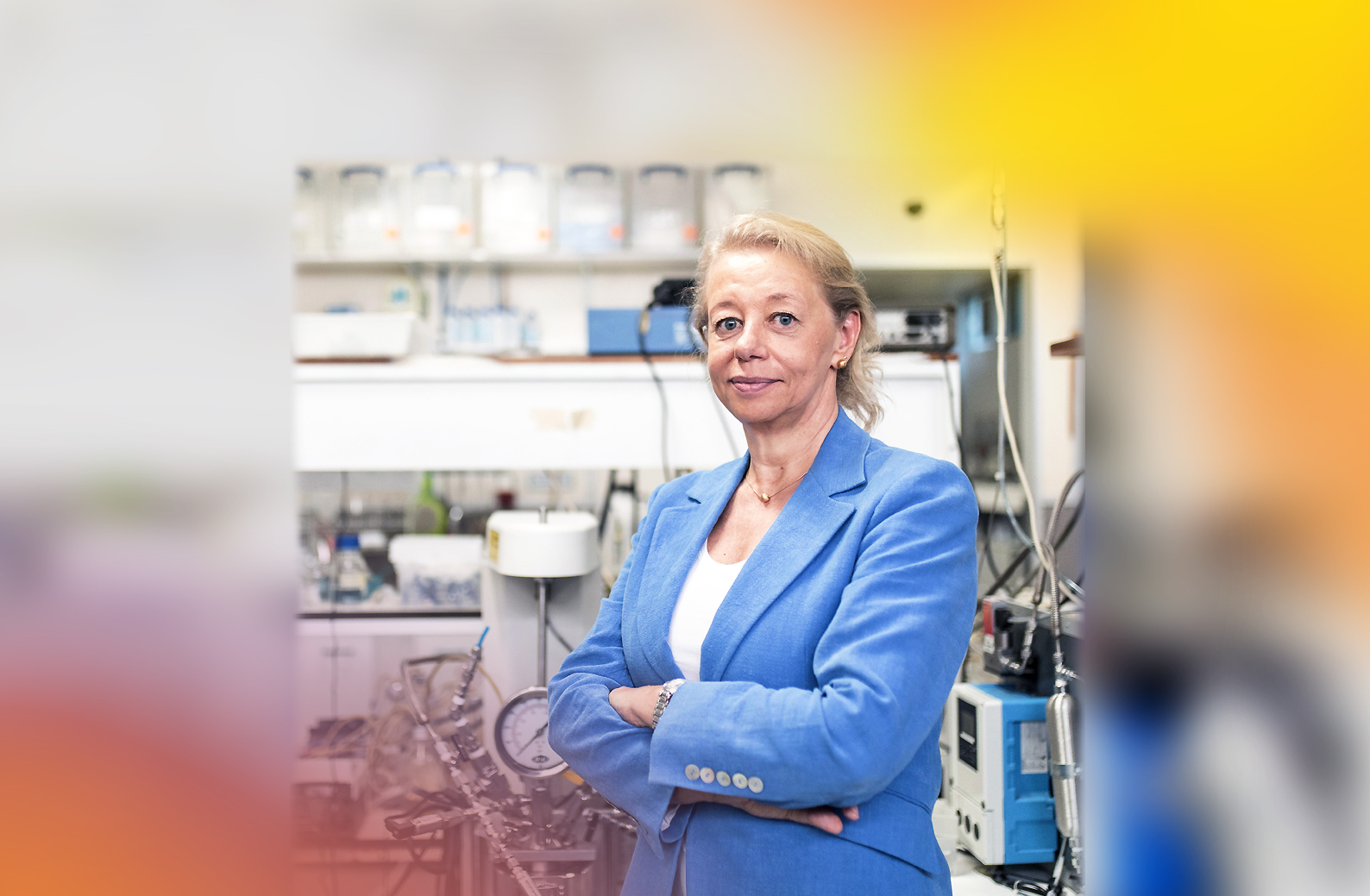International Women's Day

Women have historically been underrepresented in science, although some notable exceptions make us blur the reality of the numbers. For example Marie Curie, who won two Nobel Prizes, or Rosalind Franklin, whose work was crucial in the discovery of the structure of DNA, are two examples that stand out in the small percentages of women who have won science's highest honor, which has awarded 894 men and only 60 women. In university and research careers, the top positions are minority held by women, while in the earlier positions of careers there is parity.
With the continued support of gender equality in science, women are increasingly empowered to lead projects and teams, assume leadership positions, and start their own companies. However, much remains to be done to ensure that women have the same opportunities and resources to advance their scientific careers in a fair and equal manner. Gender inclusion and equality policies, leadership mentoring programmes for women scientists, and increased awareness of the importance of diversity in science are needed to build a different, more diverse and inclusive future for women that ensures women have the same opportunities and resources to thrive in their scientific careers. It is also important to recognize and celebrate the achievements of women in science and inspire the next generation of young women scientists.
At FCT we are attentive to women who have been away from their scientific activity for an extended period of time due to maternity leave. Therefore, we created the RESTART Programme which will offer a science funding opportunity aimed at young mothers, not forgetting also fathers who have opted for shared licenses. It is a small step, but it is a meaningful stimulus.
Madalena Alves
FCT President